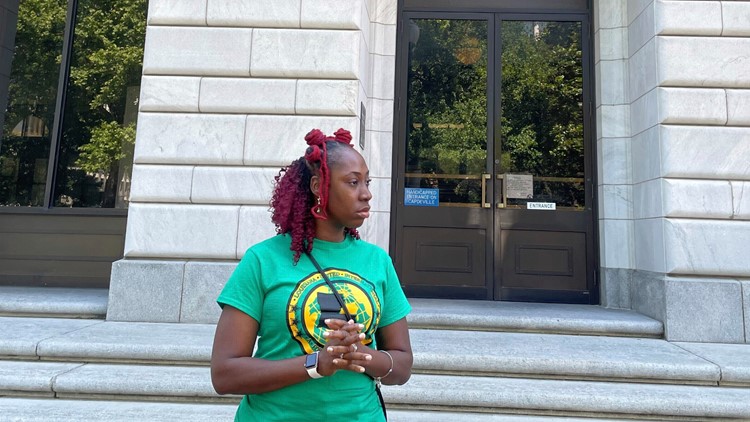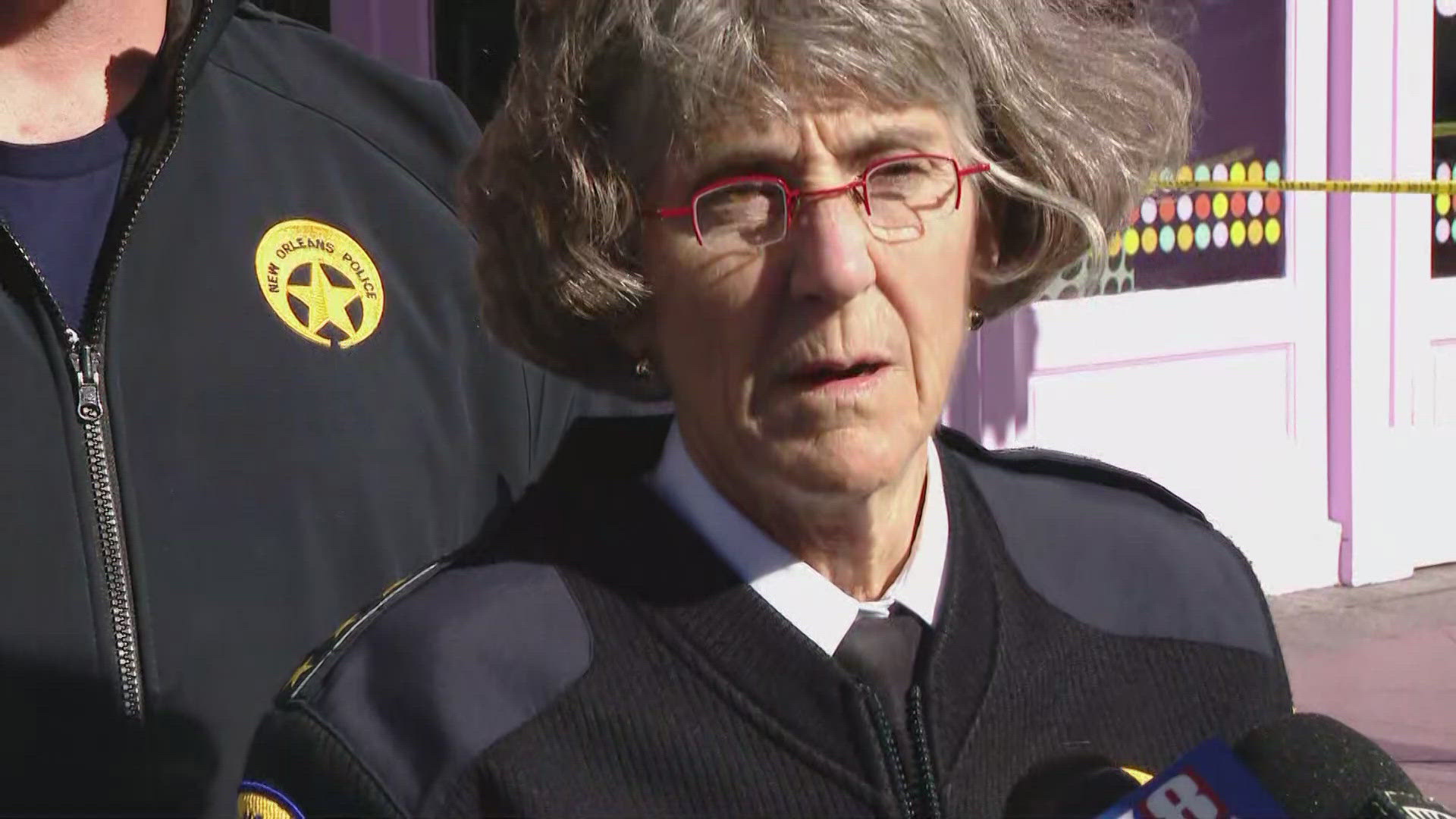NEW ORLEANS — A federal appeals court has largely sided with two white Louisiana sheriff's deputies in a lawsuit filed by a Black woman, rejecting her claims that they used excessive force against her as they investigated an allegation she had been riding a motorcycle without a helmet.
Teliah Perkins was arrested outside her home in 2020. She later sued two St. Tammany Parish Sheriff's Office deputies on behalf of herself and her son, who video-recorded the arrest.
The 5th U.S. Circuit Court of Appeals said in its opinion Nov. 30 that excessive force claims must be tossed out but added the suit can proceed against one of the deputies, Ryan Moring, over an allegation he unconstitutionally interfered with the son's efforts to record the arrest.
“The video evidence conclusively demonstrates that neither Deputy employed excessive force to subdue Perkins, who just as conclusively was resisting arrest,” three 5th Circuit judges said.
U.S. District Judge Wendy Vitter had refused to dismiss the civil case last year against Moring and Deputy Kyle Hart, ruling that there was evidence of constitutional violations against Perkins and her son, then 14, arising from the May 2020 arrest for resisting an officer. During arguments earlier this year at the 5th Circuit, the deputies’ lawyer told the 5th U.S. Circuit Court of Appeals that Vitter’s ruling was wrong and that video clearly shows the officers’ actions were justified.
Vitter had ruled that the evidence of constitutional rights being violated overcame the deputies’ claim that the suit should be thrown out under the doctrine of “qualified immunity,” which protects police from lawsuits arising from the scope of their work.
Attorneys for the deputies argued that the appeals court has the right to throw out the case at this stage based on three videos by the son and others that he said clearly show the officers’ actions were justifiable.
During the 5th Circuit hearing in May, exactly what the videos show and how they should be interpreted was at issue — including whether Perkins was choked at some point during her arrest.
Perkins and her son were represented by attorneys with the American Civil Liberties Union of Louisiana. The organization noted the partial victory in a statement Wednesday. “The ruling underscores that police intimidation of witnesses who record police officers engaged in brutality cannot stand,” it said in part.
But the ACLU firmly disagreed with the dismissal of the excessive force claims, saying the case should have been allowed to proceed to the trial phase for a jury to decide whether undue force was used.
The appellate judges in the case were James Ho and Cory Wilson, nominated to the 5th Circuit by former President Donald Trump, and Jennifer Walker Elrod, nominated by former President George W. Bush. Vitter was nominated to the federal bench by Trump.
Ho dissented from the part of the Nov. 30 decision allowing action against Moring to continue over his attempt to stop the filming of the arrest. “The Constitution does not compel police officers to affirmatively help a citizen secure the ideal camera angle while that citizen is actively berating the police just a few feet away from an active physical struggle with another person,” Ho wrote.



